 History
History  History
History  Health
Health 10 Everyday Activities That Secretly Alter Consciousness
 History
History Top 10 Historical Disasters Caused by Someone Calling in Sick
 Animals
Animals 10 New Shark Secrets That Recently Dropped
 Movies and TV
Movies and TV 10 Forgotten Realities of Early Live Television Broadcasts
 Technology
Technology 10 Stopgap Technologies That Became Industry Standards
 Weird Stuff
Weird Stuff 10 Wild Facts About Taxidermy That You Probably Didn’t Know
 Travel
Travel 10 Beautiful Travel Destinations (That Will Kill You)
 Miscellaneous
Miscellaneous 10 Modern Marriage Rituals Born from Corporate Branding
 Weird Stuff
Weird Stuff Ten Bizarre Visions of 2026 from Fiction
 History
History 10 “Modern” Problems with Surprising Historical Analogs
 Health
Health 10 Everyday Activities That Secretly Alter Consciousness
 History
History Top 10 Historical Disasters Caused by Someone Calling in Sick
Who's Behind Listverse?

Jamie Frater
Head Editor
Jamie founded Listverse due to an insatiable desire to share fascinating, obscure, and bizarre facts. He has been a guest speaker on numerous national radio and television stations and is a five time published author.
More About Us Animals
Animals 10 New Shark Secrets That Recently Dropped
 Movies and TV
Movies and TV 10 Forgotten Realities of Early Live Television Broadcasts
 Technology
Technology 10 Stopgap Technologies That Became Industry Standards
 Weird Stuff
Weird Stuff 10 Wild Facts About Taxidermy That You Probably Didn’t Know
 Travel
Travel 10 Beautiful Travel Destinations (That Will Kill You)
 Miscellaneous
Miscellaneous 10 Modern Marriage Rituals Born from Corporate Branding
 Weird Stuff
Weird Stuff Ten Bizarre Visions of 2026 from Fiction
Top 10 Creepy Cursed Objects
The next time you’re considering getting your hands on or near one of the world’s most famous relics, do your homework. Some of the most beautiful and interesting objects also come with an unwelcome stigma – a curse. If you don’t believe in the supernatural, you can take your chances. If you’d rather err on the side of caution, take a look at some of what a cursed object might have in store for its owner.
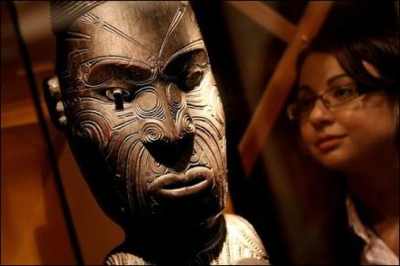
The Maori are an indigenous people in New Zealand who used to carve out masks and statues prior to heading into battle. According to the Maori belief system, any man who died in battle would leave his soul behind in one of the warrior masks. While the curse of the masks poses no threat to other men, women who are pregnant or currently menstruating are said to be cursed with harm or bad luck if they even get near one. An English museum even posted a warning to women to let them know about the curse.
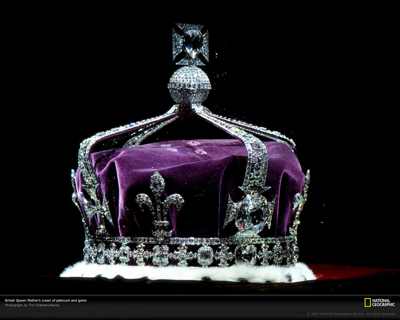
The Koh-i-Noor Diamond is an impressive 109 carats, but it also comes with a hefty curse if you’re a man. While it brings good luck to any female owner, the diamond has brought strife and violence to men who’ve had it in their possession since it was supposedly stolen from the God Krishna. For example, Sher Shah Suri of India was a powerful emperor who defeated Prince Humayun. After getting his hands on the Koh-i-Noor diamond he died in a canon explosion. His son, Jalal Khan, was then murdered by his own brother-in-law.
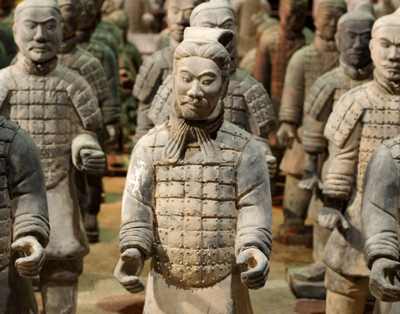
In 1974, a group of seven Chinese farmers uncovered an astonishing archeological treasure – an army of terra cotta soldiers beneath the ground. However, while the discovery lead to riches for the nation, the farmers who found the terra cotta army were doomed to debt and unfortunate circumstances. Three of the farmers died within a few decades, relatively young — one of his own hand. The remaining farmers were resigned to work for lowly wages selling figurines of the army, and riddled with debt and medical ailments.
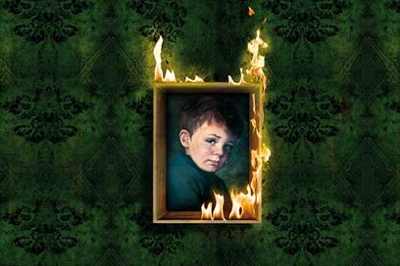
The crying boy is a print of a painting often hung in homes in England. Beginning in the 1980s, fires began erupting in the homes where the painting was present. Surprisingly, while the home and belongings around the painting would be burned to the ground, the painting was always found untouched by the flames. As a result, many people believe that hanging this work of art in your home may invite a fire.
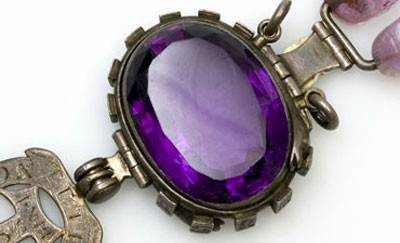
The curse of the Delhi purple sapphire was brought to light when the curator of a London museum uncovered the stone, with a note attached about its curse. As early as the mid-1800s, when the stone was originally looted from an Indian temple, the stone brought poor health and financial troubles to its owner. For instance, when author Edward Heron-Allen owned the gemstone he had so many unfortunate things happen in his life that he threw it into a canal, only to have it returned after a drudger found it and knew that he was the owner. He eventually sent it to the museum with the instructions that no one should touch it until three years after his death.
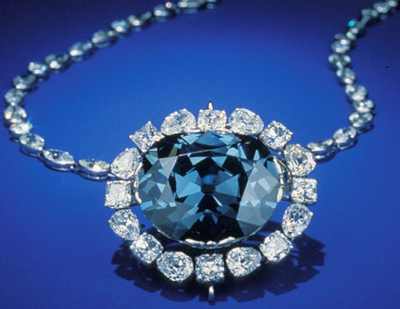
The hope diamond makes its home in the Smithsonian Museum, but prior to making the trip there, it was known to be cursed. Originally stolen by a priest who was ultimately captured and tortured for his thievery, the hope diamond was also owned by French gem trader Jean Babtiste Tefernier, who was supposedly killed by a random group of rabid dogs. Several other owners were also fated to die by murder or other tragedy.

Uluru is a giant, majestic rock in the Australian outback that sees thousands of visitors each year. While it is illegal to take rocks out of the country, some tourists bring a piece of Uluru home with them anyway. Perhaps because it is a sacred Aboriginal ground, people who bring a piece of Uluru rock away from the site are said to experience the curse of misfortune. As a result, people regularly mail their rocks back to Australia with letters of apology.
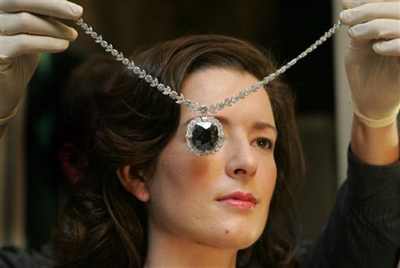
The black orlov diamond, also called the Eye of Brahma, was stolen from a Hindu shrine by a monk. The gem was passed down to multiple female owners, many of whom took their own lives. At least two of the women who took possession of the black orlov lept to their deaths from a tall building. After the jewel was sold to a jeweler in New York, the curse is said to have been broken, which is good for future owners but does no good for the previous victims of the stone’s bad luck.
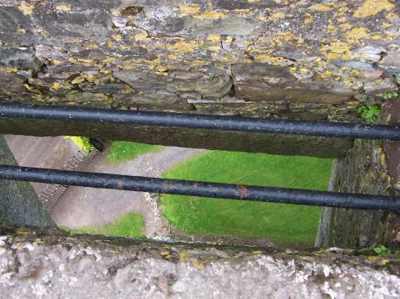
A kiss on the Blarney Stone in Ireland is said to be good luck, but removing any piece of the stone will bring the curse of bad luck into your life. People report misfortunes that include depression, loss of employment, and financial woes. Much like the visitors to Uluru who regret their cursed souvenirs, people who take home a piece of the Blarney Stone are known to mail it back within several weeks or months after they realize its curse.
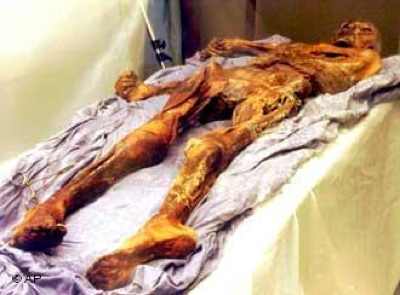
The remains of a man estimated to be more than 5,000 years old were discovered in The Alps in 1991. In the following 13 years seven of the people involved with the discovery died, most of them suddenly and not of natural causes. One of the people who discovered Iceman died in a car accident on the way to give a speech about the artifact, and another researcher died in an avalanche soon after. Other researchers died of causes that include a blood disorder diagnosed right after Iceman was found, and a fall from a cliff.








